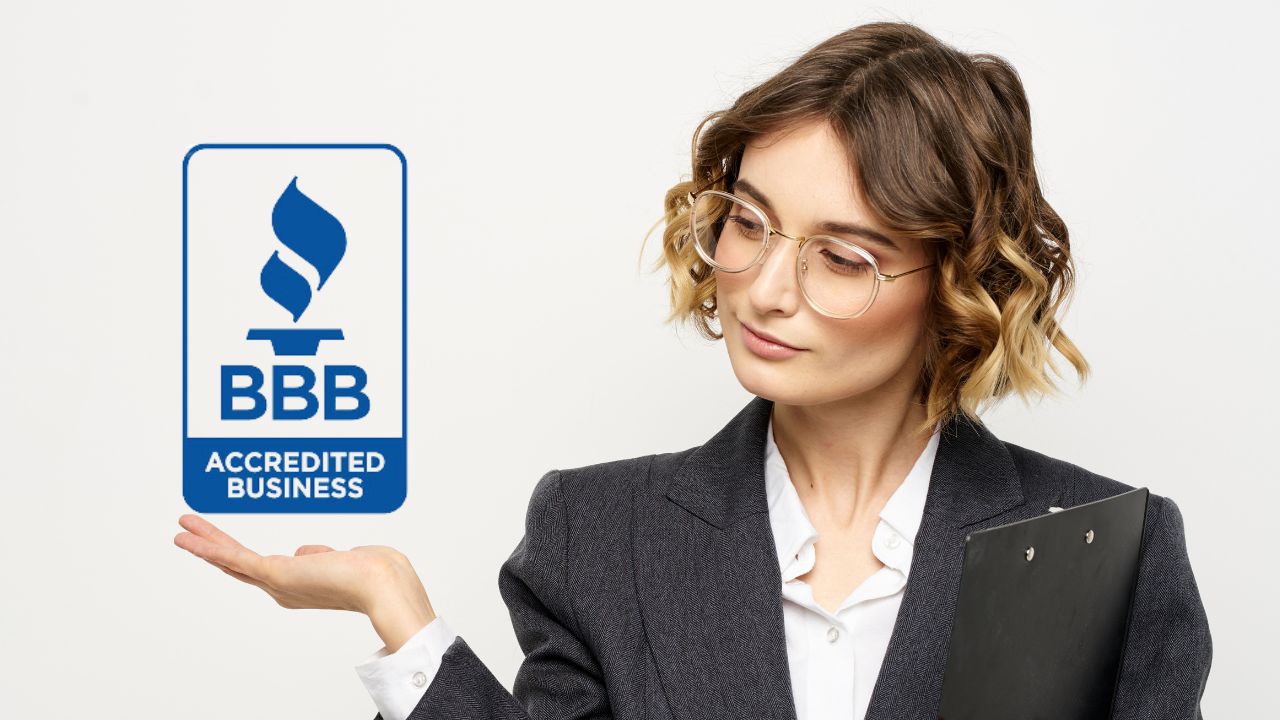Introduction
Welcome to this informative article that sheds light on the Better Business Bureau (BBB), an organization dedicated to fostering trust and accountability between businesses and consumers. In this comprehensive guide, we will explore the history, mission, and services provided by the BBB. We will delve into how the BBB operates, the benefits it offers to businesses and consumers alike, and how it has become a reliable resource for resolving disputes and promoting ethical business practices. So, let’s dive in and discover the world of the Better Business Bureau!
The Better Business Bureau: A Trusted Institution
Understanding the BBB’s Origins
The Better Business Bureau traces its roots back to 1912 when it was established as the National Vigilance Committee by a group of forward-thinking business leaders. Their vision was to promote honest advertising, fair business practices, and ethical conduct within the business community. Over time, the organization expanded its reach and influence, evolving into the widely recognized Better Business Bureau.
The BBB’s Mission
The Better Business Bureau’s primary mission is to foster trust and confidence between businesses and consumers. It aims to create a fair marketplace where both parties can engage in transactions with peace of mind. By providing consumers with reliable information and resources and assisting businesses in maintaining high ethical standards, the BBB plays a crucial role in building a trustworthy business environment.
How Does the Better Business Bureau Operate?
Business Accreditation
One of the core functions of the BBB is accrediting businesses that meet its strict standards of trustworthiness and ethical conduct. Accredited businesses are granted the privilege of displaying the BBB Accreditation seal, a symbol that assures consumers of the business’s commitment to integrity and customer satisfaction. To earn accreditation, businesses undergo a thorough review process, including background checks, adherence to BBB standards, and a history of resolving customer complaints in a timely manner.
Consumer Education and Resources
The BBB serves as a valuable resource for consumers seeking information and guidance on businesses and industries. Through its website, consumers can access a wealth of information, including business profiles, customer reviews, and ratings. These resources empower consumers to make informed decisions, ensuring they choose reputable businesses that align with their values and expectations.
Dispute Resolution
The Better Business Bureau is renowned for its dispute resolution services. When consumers encounter issues or disputes with a business, they can turn to the BBB for assistance. The organization acts as a neutral mediator, facilitating communication between both parties and working towards a mutually satisfactory resolution. This dispute resolution process helps restore trust, encourages transparency, and often prevents disputes from escalating into legal battles.
Frequently Asked Questions (FAQs)
1. Is the Better Business Bureau a government agency?
No, the Better Business Bureau is not a government agency. It is a non-profit organization funded by businesses and operates independently to promote marketplace trust and integrity.
2. How can businesses benefit from BBB accreditation?
BBB accreditation offers several benefits to businesses. It enhances their reputation and credibility, instills consumer confidence, and provides a platform for resolving customer disputes in a fair and impartial manner. Accreditation also gives businesses access to valuable resources and networking opportunities within the BBB community.
3. Are BBB ratings reliable?
BBB ratings are generally considered reliable as they are based on a comprehensive evaluation of a business’s performance, including factors such as customer complaints, transparency, advertising practices, and adherence to ethical standards. However, it’s important for consumers to consider multiple sources of information when making decisions.
4. How can consumers file a complaint with the BBB?
Consumers can file complaints with the BBB through its website or by contacting their local BBB office. The complaint process is user-friendly and typically involves providing details about the issue, the business involved, and any supporting documentation. The BBB then acts as an intermediary to help facilitate a resolution.
5. Does the BBB endorse businesses?
The Better Business Bureau does not endorse or recommend specific businesses. Its role is to provide information and ratings based on objective criteria and consumer feedback. Consumers are encouraged to use BBB resources as one of several tools for evaluating businesses.
6. How can businesses improve their BBB rating?
Businesses can improve their BBB rating by maintaining open lines of communication with customers, promptly addressing complaints, and demonstrating a commitment to ethical practices. Taking steps to resolve any issues and implementing proactive measures to prevent future problems can positively impact a business’s BBB rating.
Conclusion
The Better Business Bureau stands as a pillar of trust and integrity in the business world. Through its commitment to fostering fair and ethical practices, it has become a valuable resource for consumers seeking reliable information and businesses striving to maintain high standards. With its accreditation process, consumer education efforts, and dispute resolution services, the BBB continues to empower both businesses and consumers, ensuring a marketplace built on trust and transparency.
